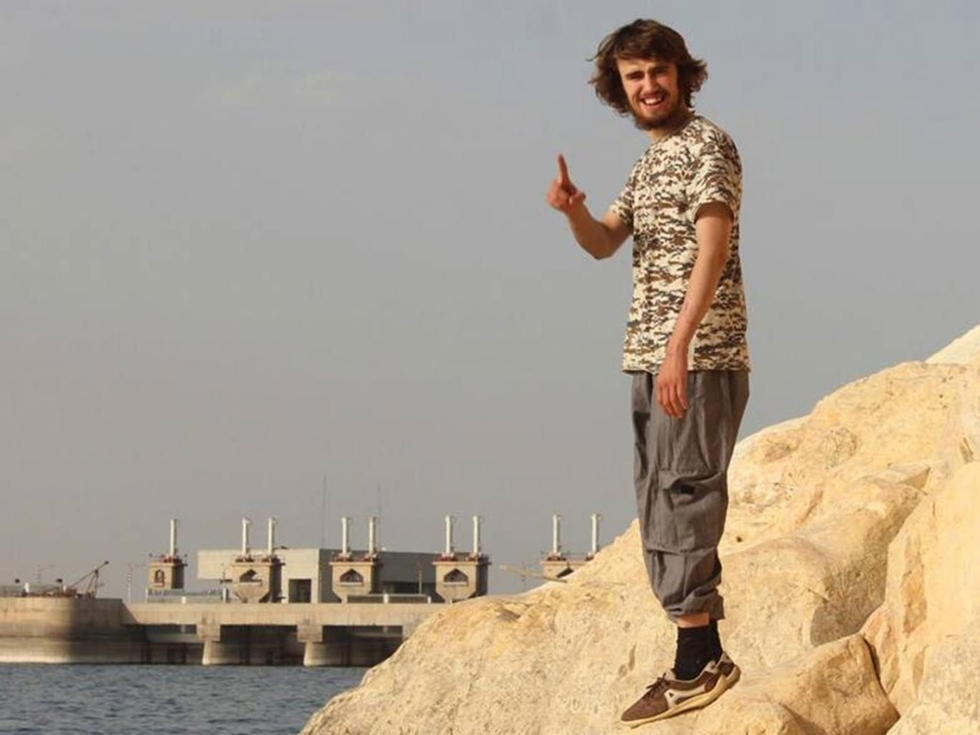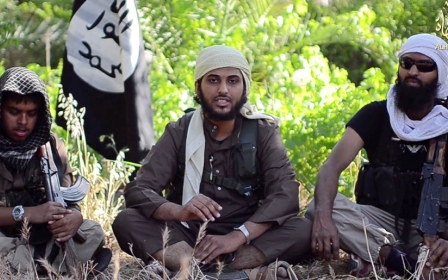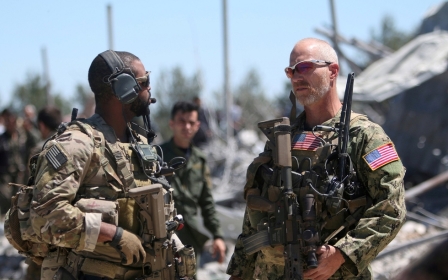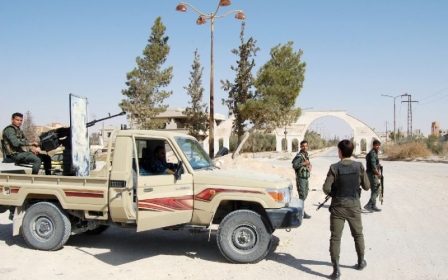Syrian Kurds ask Britain to take back suspected IS member 'Jihadi Jack'

Authorities in the Kurdish region of Syria have charged a British man with being a member of the Islamic State (IS) group and are considering handing him over to UK authorities.
Jack Letts, dubbed “Jihadi Jack” and now 21, travelled to Syria from his home town of Oxford in 2014, but was captured by the the Kurdish-led YPG forces in May 2017 when he left IS territory.
According to a statement given to the BBC from the Democratic Federation of Northern Syria (DFNS) - a self-declared autonomous region - Letts has been taken to a prison in Rojava, northern Syria while local police investigate his case.
The statement said that Kurdish officials are willing to hand over Letts to Britain - or to Canada where he is also a citizen - once he has been properly investigated.
It said: "Jack Letts is currently under investigation by local and global anti-terror units.
"Once the investigation is concluded, the outcome will be communicated to Jack's parents, and their legal representatives and to the officials of relevant governments.
"Therefore, we ask the parents of Jack Letts and their legal representative to ask the UK and Canadian governments to officially request the handover of Jack Letts from the officials of the DFNS so that the handover can proceed officially.
"However, so far there has been no official request" from either Canadian or British governments.
The British Foreign Office said that: "The government is unable to provide support to British nationals in Syria as the UK government does not have consular representation there."
Debate over returnees
Letts, who is a convert to Islam, travelled to Jordan, aged 18, after dropping out of school and was in IS-controlled territory in Syria by the autumn of 2014.
He married in Iraq and and now has a child, and has claimed in the past that he does not support IS.
His parents, John Letts and Sally Lane, deny that their son went to Syria to fight, and they started a petition claiming that he has "disappeared in a Guantanamo-style black site" in Kurdish-controlled territory, a charge the Kurds deny.
They also conducted a week-long "hunger strike" in protest at the British government allegedly not doing enough to help their son.
Letts' case presents yet another challenge to British authorities who are trying to decide how best to deal with returning fighters.
Last week Rory Stewart, a Foreign Office minister, said that British citizens who had joined IS had moved so far away from any allegiance to Britain that "the only way of dealing with them will be, in almost every case, to kill them".
While his comments were welcomed by members of Britain's intelligence establishment, Max Hill QC, the government's watchdog on terrorism laws, said that a teenager who had “travelled [to join IS] out of a sense of naivety, possibly with some brainwashing along the way” might not be prosecuted.
Security minister Ben Wallace has also said in the past that "our ultimate aim is to prosecute, but it's not straightforward".
The Times reported on Saturday that British former IS-member Shabazz Suleman had become disillusioned with life under IS and wanted to return to face justice in the UK.
New MEE newsletter: Jerusalem Dispatch
Sign up to get the latest insights and analysis on Israel-Palestine, alongside Turkey Unpacked and other MEE newsletters
Middle East Eye delivers independent and unrivalled coverage and analysis of the Middle East, North Africa and beyond. To learn more about republishing this content and the associated fees, please fill out this form. More about MEE can be found here.




